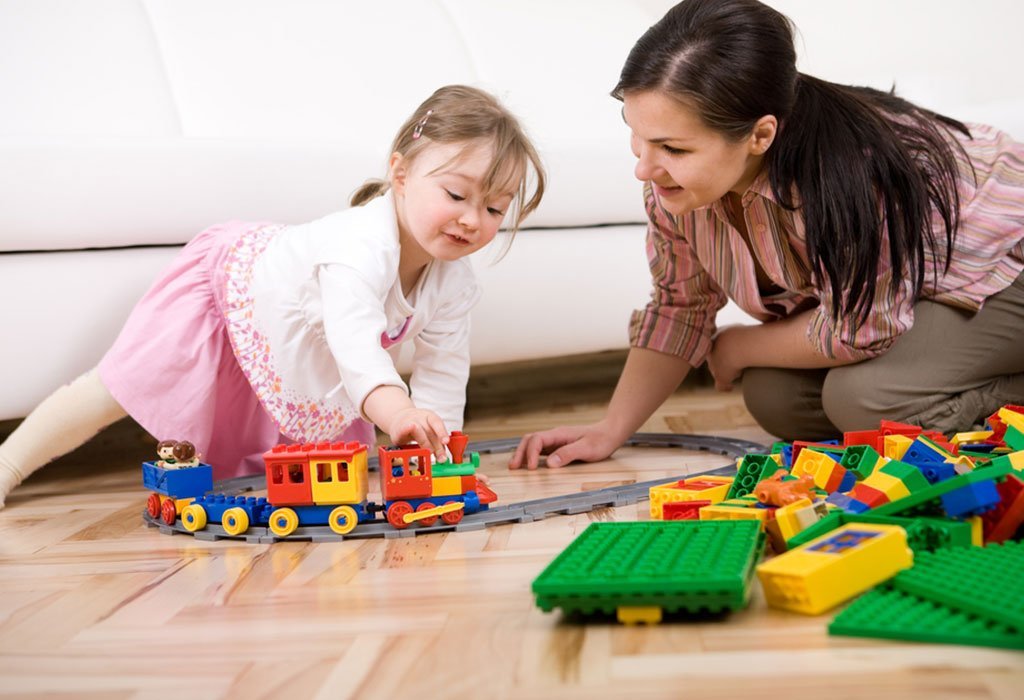Cognitive development in children refers to the growth of their ability to think, reason, and understand the world around them. It encompasses a wide range of mental processes, including memory, problem-solving, decision-making, and language acquisition. Boosting cognitive development during the early years is crucial as it lays the foundation for lifelong learning and success. There are various strategies and activities that parents, caregivers, and educators can use to enhance cognitive development in children.
Understanding Cognitive Development
Cognitive development involves the progressive building of learning skills, such as attention, memory, and thinking. Jean Piaget, a renowned psychologist, identified four stages of cognitive development: the sensorimotor stage (birth to 2 years), the preoperational stage (2 to 7 years), the concrete operational stage (7 to 11 years), and the formal operational stage (11 years and older). Each stage represents a different level of cognitive ability, and understanding these stages helps in providing age-appropriate support and stimulation.
Creating a Stimulating Environment
A stimulating environment is essential for cognitive development. This includes providing children with a variety of sensory experiences and opportunities to explore and interact with their surroundings. Rich environments with diverse materials, colors, textures, and sounds can enhance brain development by encouraging children to observe, experiment, and learn.
Incorporating educational toys and games that challenge the mind, such as puzzles, building blocks, and memory games, can also boost cognitive skills. These activities promote critical thinking, spatial awareness, and problem-solving abilities.
Encouraging Play-Based Learning
Play is a powerful tool for cognitive development. Through play, children learn to understand the world, develop social skills, and enhance their creativity. Different types of play, such as pretend play, constructive play, and physical play, each contribute uniquely to cognitive growth.
Pretend play, for example, encourages imagination and helps children develop language and social skills as they create and act out different scenarios. Constructive play, which involves building and creating, fosters problem-solving skills and spatial reasoning. Physical play, such as running, climbing, and playing sports, improves coordination and overall brain function.
Promoting Language Development
Language development is a critical component of cognitive growth. Encouraging children to communicate through speaking, listening, reading, and writing helps build vocabulary, comprehension, and expressive abilities. Parents and caregivers can promote language development by engaging in regular conversations, reading aloud, and encouraging children to express their thoughts and feelings.
Reading to children from an early age exposes them to new words and concepts, enhances listening skills, and fosters a love for books and learning. Asking open-ended questions and encouraging storytelling can also stimulate language and cognitive skills.
Incorporating Music and Movement
Music and movement activities are effective in enhancing cognitive development. Singing songs, playing musical instruments, and dancing to rhythms help develop memory, attention, and auditory skills. Music also has a calming effect and can improve mood and emotional regulation.
Movement activities, such as dancing, jumping, and playing with balls, promote physical coordination and brain development. These activities stimulate the brain and enhance neural connections, contributing to overall cognitive growth.
Fostering Problem-Solving and Critical Thinking
Problem-solving and critical thinking are essential cognitive skills that can be nurtured from a young age. Encouraging children to tackle challenges, solve puzzles, and engage in activities that require logical reasoning helps develop these skills.
Providing opportunities for open-ended play, where children can explore and experiment without specific instructions, allows them to think creatively and independently. Encouraging curiosity by asking thought-provoking questions and providing tools for investigation, such as magnifying glasses and science kits, can also promote critical thinking.
Supporting Social Interaction
Social interaction plays a significant role in cognitive development. Interacting with peers and adults helps children learn to communicate, negotiate, and understand different perspectives. Participating in group activities, such as playdates, sports teams, and group projects, provides opportunities for social learning and collaboration.
Parents and caregivers can support social interaction by modeling positive social behaviors, encouraging cooperative play, and facilitating opportunities for children to interact with others. Social skills, such as sharing, taking turns, and empathizing with others, are crucial for cognitive and emotional development.
Ensuring Proper Nutrition and Sleep
Proper nutrition and sleep are fundamental for healthy brain development. A balanced diet that includes essential nutrients, such as vitamins, minerals, and omega-3 fatty acids, supports cognitive function and overall health. Foods rich in antioxidants, such as fruits and vegetables, protect the brain from oxidative stress and promote optimal brain function.
Adequate sleep is essential for memory consolidation and cognitive performance. Establishing a regular sleep routine and ensuring that children get the recommended amount of sleep for their age group can significantly impact cognitive development and overall well-being.
Incorporating Technology Mindfully
Technology, when used mindfully, can be a valuable tool for cognitive development. Educational apps, interactive games, and online resources can provide engaging and stimulating experiences that enhance learning. However, it is crucial to monitor and limit screen time to ensure that children are not missing out on other important activities, such as physical play and face-to-face interactions.
Parents and caregivers should choose age-appropriate and educational content, co-view with children to provide guidance, and set boundaries for screen time. Balancing technology use with other enriching activities is key to supporting healthy cognitive development.
Conclusion
Boosting cognitive development in children requires a multifaceted approach that includes creating a stimulating environment, encouraging play-based learning, promoting language development, incorporating music and movement, fostering problem-solving and critical thinking, supporting social interaction, ensuring proper nutrition and sleep, and incorporating technology mindfully. By providing diverse and enriching experiences, parents, caregivers, and educators can support children in reaching their full cognitive potential and laying a strong foundation for lifelong learning and success.



